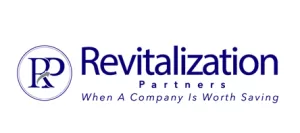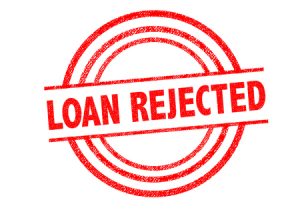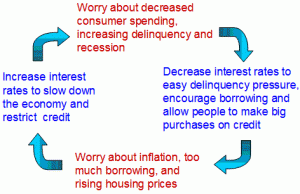 The Effect of the Election on Inflation and Interest Rates.
The Effect of the Election on Inflation and Interest Rates.
Since the election of Donald Trump, the stock market has been soaring while bond prices have mostly plunged.
This has led to a sharp increase in interest rates for US and corporate bonds, mortgage rates and certainly corporate borrowing.
Have An Adjustable Rate?
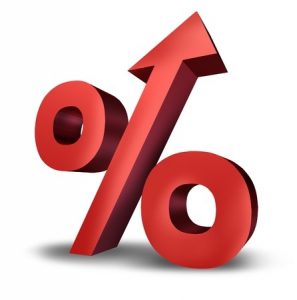 For those companies with adjustable interest rate debt, the sudden increase in rates may lead them to run seeking to convert to a fixed rate. The greater impact has been addressed by Josh Zombrun of the Wall Street Journal in a statement that a Trump administration could “boost economic growth, bring higher interest rates and inflation” while also bringing “a new set of potential risks including international trade wars.”
For those companies with adjustable interest rate debt, the sudden increase in rates may lead them to run seeking to convert to a fixed rate. The greater impact has been addressed by Josh Zombrun of the Wall Street Journal in a statement that a Trump administration could “boost economic growth, bring higher interest rates and inflation” while also bringing “a new set of potential risks including international trade wars.”
Approval Rates At All-Time High …
Small business loan approval rates at big banks ($10 billion in assets) improved to new all-time post-recession highs in October, 2016. Big banks are approving 23.5% of all small business loan requests, up one-tenth of a percent from September.
But Not At All Banks …
Meanwhile, small business lending approval rates at smaller banks remained flat at 48.7%. A comparison shows that approval percentages in this category of lenders is down year over year.
It has been two years since smaller banks approved more than half of their loan requests. Conversely, the most recent Small Business Lending Index shows a 63 percent business loan approval rate from alternative lenders, including Asset Based and other private lenders.
Where Should I Look?
As you can see from the above, many small and medium sized businesses don’t qualify for bank financing. As interest rates increase, many companies will need to increase their profitability to qualify for the traditional bank loan.
The banking and ABL market is made up of many “pools” of lenders that have different risk appetites. Within such pool of lenders there is an efficient, competitive environment. But as a borrower, you need to know which pool to “fish” in; knowing which group to approach. Approaching the wrong group may delay or halt your loan as lenders may not necessarily reveal that they are in the wrong pool for you.
Interest Rates & Inflation?
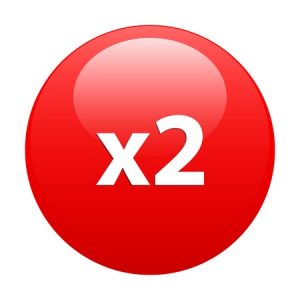 The double whammy of increasing interest rates and the risk of inflation is sure to impact many markets, especially those depending on consumers. As inflation is impacted, either by rising interest rates or new tariffs on trade, large purchases such as cars and homes will begin to stall.
The double whammy of increasing interest rates and the risk of inflation is sure to impact many markets, especially those depending on consumers. As inflation is impacted, either by rising interest rates or new tariffs on trade, large purchases such as cars and homes will begin to stall.
Markets hate surprises and consumers do as well. Small purchases will probably be effected as consumers hold back purchases as they evaluate the impact of inflation and interest rates on their personal situation.
Inflationary Effect Of Election …
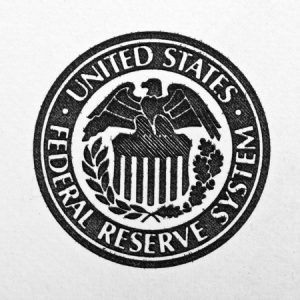 The inflationary effect of the election will cause real cost increases. Labor costs will increase, both due to a lower unemployment rate and availability of people in both skilled and unskilled positions. Imported goods will increase due to the pressure for new tariffs on import and less labor available to load, move and sell consumer products.
The inflationary effect of the election will cause real cost increases. Labor costs will increase, both due to a lower unemployment rate and availability of people in both skilled and unskilled positions. Imported goods will increase due to the pressure for new tariffs on import and less labor available to load, move and sell consumer products.
Higher inflation has always led the Federal Reserve to raise interest rates, increase borrowing costs and cool the economy down. But if the higher inflation is sudden enough and the decrease in consumer spending drives the country into a recession, raising interest rates will not be an option as the Fed has already used most, if not all, of its recession fighting tools.
Three Components Of Lending …
 Interest rates represent a composite of three charges to compensate the lender for parting with their money for a period of time. The first is the time value of money; the second is like an insurance premium that covers the risk the lender won’t get paid back; and the third is the expected inflation rate as lenders want to recover the same buying power in their repayments, not just the same number of dollars.
Interest rates represent a composite of three charges to compensate the lender for parting with their money for a period of time. The first is the time value of money; the second is like an insurance premium that covers the risk the lender won’t get paid back; and the third is the expected inflation rate as lenders want to recover the same buying power in their repayments, not just the same number of dollars.
A result of the change in administration is expected to be both positive and negative for small and mid-sized business. The negative side is inflation and higher interest rates; the positive side is increased profitability and less regulation for banks. The battle over Dodd Frank, on the regulation side, is projected to be long and difficult.
What To Do Now?
 What is a small business to do with the amount of uncertainty in the financial markets? Lock in as much as possible before costs and rates begin escalating. Make certain that inventory, especially in consumer products, is as low as consistent with current and projected sales. Make sure accounts receivable are as current as possible and remain that way.
What is a small business to do with the amount of uncertainty in the financial markets? Lock in as much as possible before costs and rates begin escalating. Make certain that inventory, especially in consumer products, is as low as consistent with current and projected sales. Make sure accounts receivable are as current as possible and remain that way.
Marginal companies will go under from the new pressure and you don’t want to be left holding the bag. And lastly, if you can’t begin to solves these problems, get help. Remember, hope is not a strategy.
Revitalization Partners is a Northwest business advisory and restructuring management firm with a demonstrated track record of achieving the best possible outcomes for our clients. We specialize in improving the operational and financial results of companies and providing hands-on expertise in virtually every circumstance, with a focus on small and mid-market organizations.
Whether your requirement is Interim Management, a Business Assessment, Revitalization and Reengineering or Receivership/Bankruptcy Support, we focus on giving you the best resolution in the fastest time with the highest possible return.
